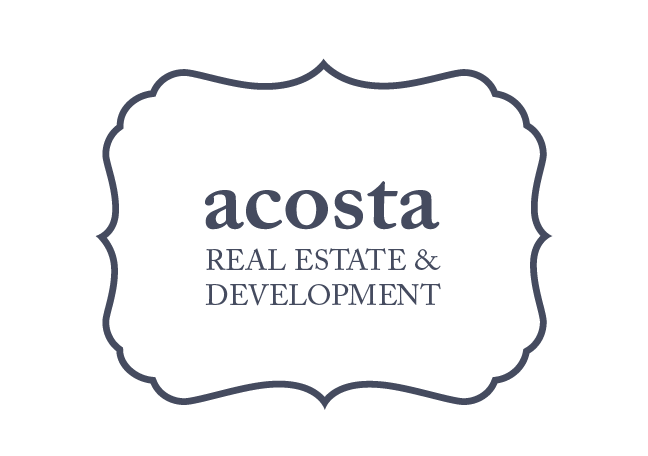Like so many rustbelt cities, Michigan small towns have been greatly affected by the decline of the manufacturing industry. That’s putting it mildly as vacant buildings, unemployment, and families struggling is entirely commonplace for anyone who has lived in a rustbelt city since manufacturing began declining in the 1970s and 80s. It’s created a culture of scarcity.
There’s an undertone of competition that ripples through every facet of community development because of this. A job for you means one less possible job for me. If they get the grant this year, our organization won’t get the funds that were requested. If a new restaurant opens, the one down the street will lose business.
In an interview, Brené Brown once said, “Worrying about scarcity is our culture’s version of post-traumatic stress…. Scarcity thrives in a culture where everyone is hyperaware of lack. Everything from safety and love to money and resources feels restricted or lacking. We spend inordinate amounts of time calculating how much we have, want, and have done, and how much everyone else has, needs, and wants.”
Cultural shifts are no small feat. We have to start thinking of the good our community has to offer and its assets. Asset-based thinking is like the practice of being grateful. It’s replacing a negative mindset with a positive one. Retraining our brains to stop defaulting to deficits, problems, and all we lack. Brené Brown’s work details how recovering from scarcity involves a willingness to own our vulnerabilities and ability to engage with the world from a place of worthiness.
Focus on what you’re excited about in your town. Talk about your favorite places, experiences, and enjoy them. Thank business owners who get it. See it through someone else’s perspective. My husband is a Miami native. Born & raised in one of the most transient and tourist oriented areas. His first trip to Michigan, someone thanked him for holding open a door for her. He was BLOWN AWAY. Excitedly, he told me how great that was and that it hasn’t happened to him in years. In. Years. He hadn’t been offered a thank your for a simple act. Midwestern kindness and respect for others is something we value in our house.
Get to know your community better if you want to help change the culture. What are the major employers looking for? What is the strategic plan for community giving at your local foundation? Volunteer for an organization you believe in and offer them support through your time.
It’s entirely possible to change the culture of scarcity. Local leadership programs are a fantastic place to start. It’s a great way to get new hires involved and invested in their new community as well. The Great Lakes Bay Regional Alliance’s Institute for leaders does this incredibly well (they are currently taking applications for the Class of 2020).
Shifting from a culture of scarcity to an asset-based mindset will happen more quickly if more of us work on it together. Positivity can be as contagious as negativity.

